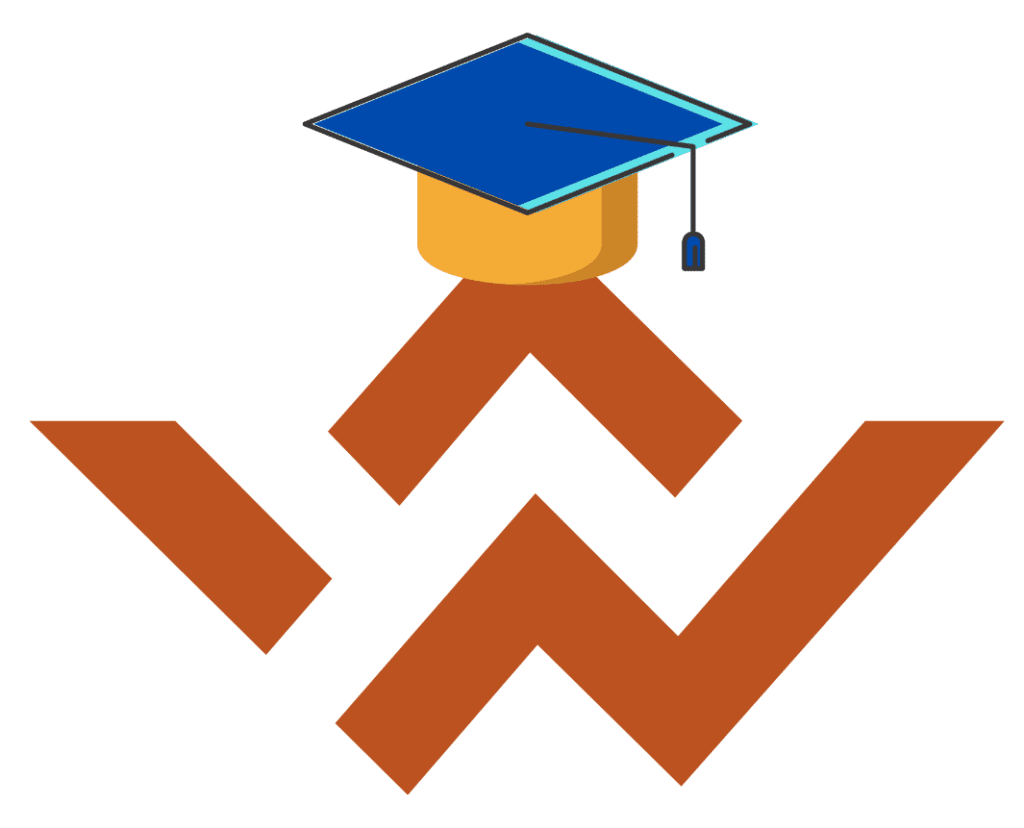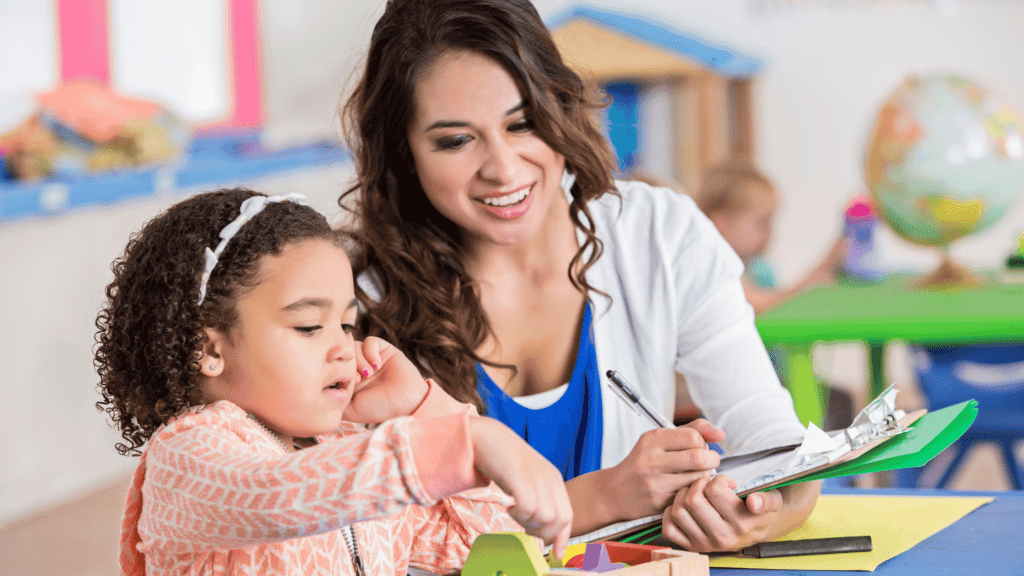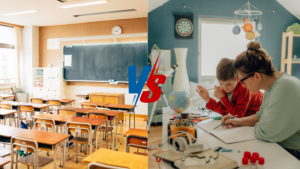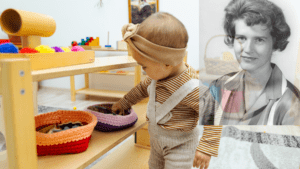Assessment is an essential part of early childhood education. It helps educators to understand each child’s individual learning needs, strengths, and challenges. This information can then be used to plan and deliver instruction that is tailored to each child’s unique needs. It is the process of gathering information about a child’s learning and development.
Assessments, as stated in a publication by the National Academies Press, play a crucial role in providing teachers with valuable insights to inform their pedagogical and curriculum decisions.
The significance of assessment is for more than just academics; it encompasses holistic development considering a child’s social, emotional, and physical well-being. Assessment makes sure that every child receives individualized attention, encouraging their individual potential by identifying strengths and areas in need of support.
What is Assessment in Early Childhood Education?
“Assessment can be defined as the gathering of information in order to make informed instructional decisions and this is its key purpose in early childhood education.” -by Claire McLachlan
In the context of early childhood education, assessment refers to the systematic collection and analysis of data regarding a child’s growth, learning progress, and abilities. It is essential to make sure that preschoolers receive support and education of the highest standard. When used effectively, they can help ensure that all children have the opportunity to reach their full potential.
Assessments should be used in a way that is fair, accurate, and developmentally appropriate. They should also be used to inform instruction, not to label or stigmatize children. Here, we’ll explore the importance, purposes, methods, and principles of early childhood assessment.
What is the Purpose of Assessment in Early Childhood Education?
There are 4 main purposes of assessments in early education:
- Understanding individual needs: Assessments help facilitators observe and understand a child’s developmental needs and progress. This helps them provide different materials to each child, ensuring they receive appropriate support and challenges.
- Monitoring Growth and Progress: Regular assessments track a child’s overall growth and progress over time. This helps educators and parents gauge whether a child is meeting age-appropriate milestones and whether interventions or adjustments to the curriculum are necessary.
- Promoting Equity: When used thoughtfully, assessments can help identify achievement gaps and disparities in early childhood education. This information can drive efforts to provide appropriate materials for more equitable educational opportunities for all children, regardless of their backgrounds or circumstances.
- Identifying Developmental Delays: These assessments can detect early developmental delays or learning disabilities. Addressing these issues promptly is essential in order to effectively prevent them from becoming major obstacles to a child’s overall development.
Also read, benefits of a schedule for a child
Why is Assessment in Early Childhood Education Important?
Observation and assessment in early childhood education is vital as it provides valuable insights into a child’s development and learning progress. Early identification of challenges or developmental delays enables timely interventions, promoting long-term success. Here are a few crucial points that mark the importance of assessments in early childhood programs.
- Supporting Learning: Assessment assists educators in understanding each child’s strengths and weaknesses. This allows them to provide tailored instruction and interventions to support optimal learning and development.
- Individualization: Through the assessments, guides may modify their lesson plans to each child’s specific requirements. It helps in creating a more friendly and productive learning environment.
- Parent-Educator Communication: These assessment findings enhance communication between educators and parents. It assists parents in understanding their child’s progress and how they may support learning at home.
Methods of Assessment in Early Childhood Education
The method of assessment depends on the purpose of the assessment and the needs of the child. For instance, observations are valuable in providing an overall understanding of a child’s development and what is a child’s approach in specific domains like mathematics or reading.
There are many different methods of assessment that can be used in early childhood education. Some common methods include:
- Observations: Teachers observe children in various contexts to gain insights into their behaviors, social interactions, and developmental milestones. These observations can be formal or informal.
- Standardised Tests: While less common in early childhood education, some assessments use Standardised tests to measure a child’s cognitive, language, or motor skills. These should be age-appropriate and culturally sensitive.
- Portfolios: Portfolios contain samples of a child’s work, observations, and assessments, providing a holistic view of their progress and development over time.
- Checklists and Rating Scales: These tools help educators assess specific skills, behaviors, or rating them on a scale or set parameters.
What are the Types of Assessments in Early Childhood Education?
Assessments in early childhood education should be age-appropriate, culturally sensitive, and conducted in a supportive and non-threatening manner. Here are some common types of assessments that can be used in early childhood education.
- Developmental screenings – These are brief assessments that are used to identify children who may be at risk for developmental delays.
- Curriculum-based assessments – These assessments are used to measure a child’s progress in specific areas of the curriculum.
- Norm-referenced assessments – These assessments compare a child’s performance to the performance of other children of the same age.
- Developmental assessments – These are more comprehensive assessments that provide a more detailed picture of a child’s development.
- Functional assessments – These assessments are used to measure a child’s ability to perform specific tasks in their daily lives.
To gain a thorough understanding of a child’s development and offer them optimal support and guidance during their early years, it is imperative to utilize a combination of these types of assessments.
Benefits of Assessments in Early Childhood Education
Assessments are an important part of early childhood education. When used effectively, they can help ensure that all children have the opportunity to reach their full potential. Assessments in early childhood education offer several benefits for children, parents, teachers, and the educational system as a whole. Here are some of the key advantages.
- Individualised Learning – Assessments help identify each child’s strengths and areas that need improvement. This information allows teachers to tailor their instruction to meet the unique needs of each student, promoting effective learning.
- Early Identification of Developmental Delays – Assessments can help identify developmental delays or learning difficulties at an early stage. Early intervention and support can make a significant difference in a child’s long-term development and success.
- Progress Monitoring – Regular assessments enable educators and parents to track a child’s progress over time. This helps ensure that children are making adequate academic and developmental gains and allows for adjustments to instruction if progress is slower than expected.
- Parent Engagement – Assessments involve parents in their child’s education and development. Sharing assessment results with parents fosters communication and collaboration between home and school, encouraging a supportive learning environment.
- Curriculum Improvement – Assessment data can inform curriculum development and improvement efforts. Educators can use assessment results to refine curriculum materials and teaching approaches, enhancing the overall quality of education.
- Promoting Holistic Development – Assessments in early childhood education typically assess not only academic skills but also social, emotional, and physical development. This promotes a well-rounded approach to child development. Educators and parents can work together to establish achievable objectives and monitor progress toward those goals.
- Quality Improvement – Assessments encourage early childhood programs to continuously strive for quality improvement. Regularly assessing and reflecting on their practices can lead to better outcomes for children.
How to Implement Assessments in Early Childhood Education?
Assessments can be a valuable tool for promoting learning and development in early childhood. However, it is important to use them wisely and ethically. By following the tips here, we can implement the assessments fairly and can ensure that they are beneficial for all children.
- Use multiple sources of information to get a complete picture of each child’s development.
- Involve families in the assessment process. Be transparent with families about the purpose of the assessments and how the results will be used.
- Use the results of assessments to plan and deliver instruction that is tailored to each child’s individual needs.
- Be aware of the limitations of assessments and avoid making decisions about children based on a single assessment.
- Use assessments that are developmentally appropriate for the age and stage of the children and use them to monitor children’s progress over time.
- Make sure the assessments are culturally and linguistically unbiased.
- Use assessments in a way that is respectful of the children and their families.
Final Words
Assessment in early childhood education is more than just an evaluating tool. It is also a dynamic process that fosters a child’s lifelong learning. When conducted thoughtfully, precisely, and inclusively, the assessments ensure that each child’s early years are full of potential for exploration, discovery, and growth. It lays the foundation for a successful and intriguing future.
FAQs on Assessment in Early Childhood Education
- What are the benefits of assessments?
the many benefits of using effective assessment for learning include: Improved relationships between teachers and students. Improved attainment and achievement. Improved confidence, resilience, and self-esteem amongst learners. - Why do we need assessment in early childhood?
Assessments play a significant role in identifying developmental delays, monitoring progress, informing instruction, and evaluating programs. They provide crucial insights that help educators and administrators make informed decisions to improve student outcomes and optimize learning environments. - What is the definition of assessment in children?
Observing and recording information about a child’s development, knowledge, skills and attitudes is the process of Ongoing Child Assessment. The goal of this process is to determine what the child has learned, improve teaching methods, and support their progress.







